Context
On the institutions impacting the operational space of civil society
Read more
Issues
On the obstructions faced by civil society organizations as a consequence of this context
Read more
Responses & Remedies
On NPO responses to operational constraints faced due to AML/CFT measures
Read more
Risk-Based Approach
The FATF has been urging countries to conduct a Risk Assessment of the NPO sector - here is what that means
Read more
Click here to see a visual explainer of the above
Get involved
How to engage as an NPO in mitigating the effects of the CFT standards?
We have broken down the engagement process into various steps. Click on the right for a short introduction to each step, or click below for more extensive information on how you can get involved.
Conducting relevant outreach
Conducting relevant outreach with a multitude of stakeholders, including NPOs, government, financial institutions, regulators and regional/international bodies.
Engaging in risk assessment
Sustained engagement of the NPO sector by government as well as involvement of the sector in the Risk Assessment process itself.
Engaging in Mutual Evaluation process
Starting with the Risk Assessment of the sector, continuing with participation in the Mutual Evaluation on-site visit and, finally, engaging in the Mutual Evaluation follow-up process.
Gather evidence and information
Gathering evidence and information on the unintended consequences of the countering the financing of terrorism (CFT) agenda on the operational environment of civil society.
Raising awareness
Raising awareness among multiple stakeholders on drivers of regulations, unintended consequences for NPOs, and engagement and advocacy strategies.
Stories

De-Risking Dissent: Climate justice defenders and the expanding reach of counter-terrorism financing regulation
Read story
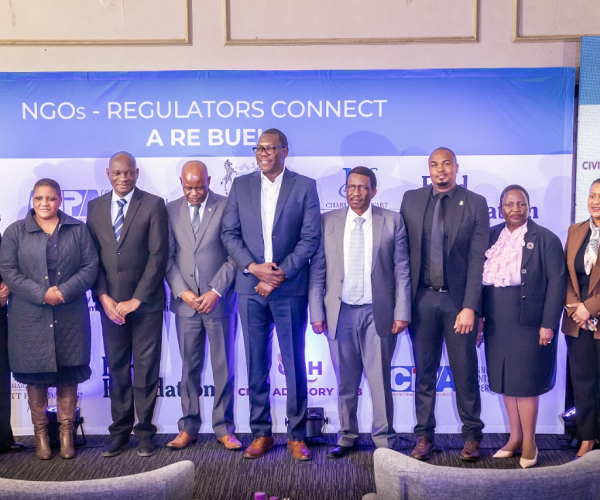
NPOs-Regulators Connect: Building Trust and Collaboration for Stronger Civil Society Governance
Read story

Roundtables to address de-risking: lessons learned
Read story

Public-Private Partnership Between the Austrian Ministry of Finance and the NPO Sector
Read story

Tunisia: lessons in a successful multi-stakeholder engagement process
Read story
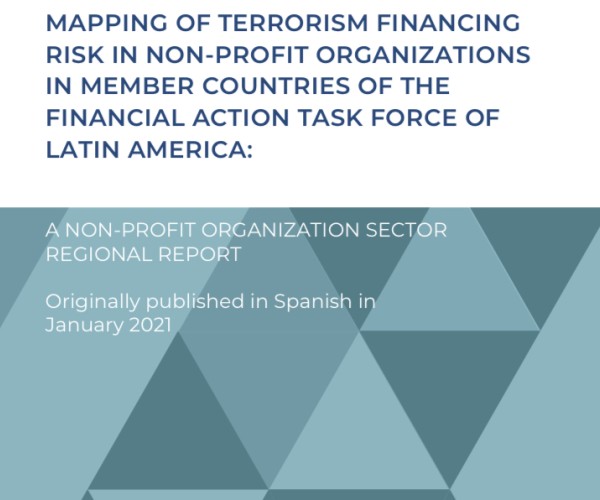
Video of results of NPO risk mapping exercise in 17 Latin American countries
Read story
News

Shadow Report Submitted to FATF Ahead of U.S. Mutual Evaluation
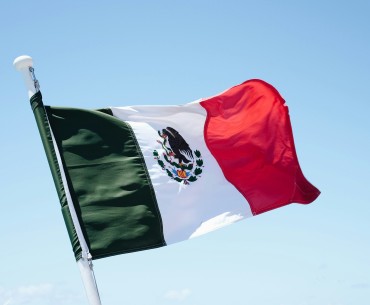
Mexican Civil Society Coalition Submits Input for Assessors Ahead of FATF Mutual Evaluation Onsite Visit
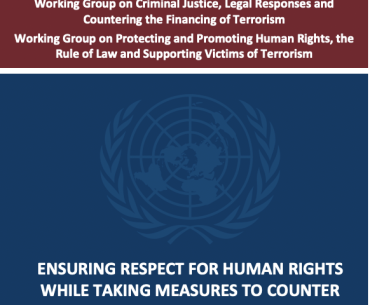
UN Releases Guidance to Ensure Human Rights Are Respected in Countering the Financing of Terrorism
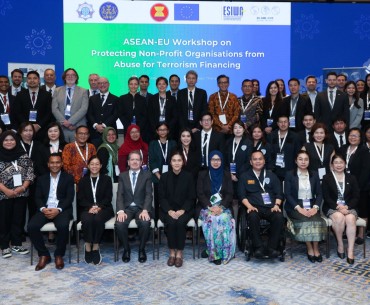
ASEAN-EU Workshop on Protecting Non-Profit Organizations from Abuse for Terrorism Financing

New Guide Highlights Abuse of FATF Tools in Tunisia
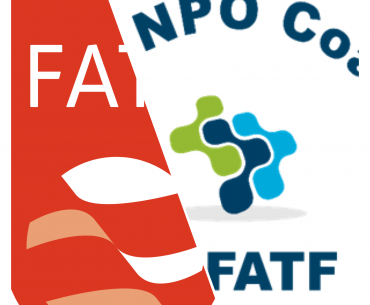
UN Special Rapporteurs call for civil society's role in FATF mechanism
Frequently Asked Questions
- What are some of the achievements of the Global NPO Coalition on FATF?
Some of the Coalition achievements so far include:
- Revision of Recommendation 8 and its Interpretive Note: the June 2016 revision retracts the claim that the NPO sector is ‘particularly vulnerable’ to terrorist abuse.
- Formalization of a risk-based approach, which means a more proportionate and context-specific implementation of the FATF Standards. For the NPO sector, this means that regulation, oversight and monitoring needs to be risk-based and proportionate to the risk that remains after existing (self-)regulatory measures have been taken into account.
- Establishment of regular engagement between the FATF Secretariat and NPOs, which allows for more effective NPO participation. Including seats at the annual Private Sector Consultative Forum (since 2017)
- Awareness-raising and coalition-building at the global, regional and national levels.
- Criticism by the FATF of the wholesale derisking of NPOs at the G20 level.
- Creation of a specific online mechanism on the FATF website for NPO input ahead of country evaluations (see FAQ page on FATF website 'How can NPOs and civil society organisations provide input into FATF Mutual Evaluations?')
- Sustained advocacy and pressure, leading to the setting up of the FATF Unintended Consequences workstream in 2021 looking at de-risking, financial exclusion, NPO suppression, and the impact of a misapplication of the FATF Standards on human rights and due process.
- Revision of Recommendation 8 and its Interpretive Note in 2023 to further clarify its objective (countries need to protect NPOs from TF abuse without disrupting and discouraging legitimate charitable activity) and scope (the standard applies to only a subset of the sector). It also emphasizes the role of sectoral self-regulation in mitigating risk, and the need for risk assessments to be evidence based. The revision makes clear that NPOs should NOT be obliged or reporting entities.
- Revision of the Best Practices Paper on the implementation of Recommendation 8 in 2023, which now also includes bad practices (so what countries should NOT do)
- What is the difference between the FATF and the Global Coalition on the FATF?
-
The Global NPO Coalition on FATF is a loose network of diverse nonprofit organizations (NPOs). The Coalition advocates for improvement in the quality and effectiveness of FATF Mutual Evaluations with sustained outreach to the NPO sector, and the effective, risk-based implementation of FATF Recommendations affecting NPOs, particularly Recommendation 8 (R8). The aim is to mitigate the unintended consequences of countering the financing of terrorism (CFT) policies on civil society in order that legitimate charitable activity is not disrupted. The advocacy agenda is driven by policy changes at the FATF/global/national level that require swift action and engagement by NPOs as well as by a bottom-up process emerging from impact felt by NPOs on the ground.
The Financial Action Task Force (FATF) is an intergovernmental organization founded in 1989 at the initiative of the G7 to develop policies to combat money laundering. In 2001, its mandate was expanded to include terrorism financing.
- How does the FATF fit into the global counterterrorism architecture?
-
Much of the counterterrorism architecture was solidified after 9/11, when multilateral bodies such as the UN and the FATF were mobilized under intense pressure from the US. The global counterterrorism architecture has the UN at its centre, with its four-pillared strategy, its means of implementation of that strategy (through conventions, protocols and sanctions), and the implementing bodies themselves (the Global Compact entities). See more here.
Countering the financing of terrorism (along with tackling money laundering and dealing with proliferation finance) is mainly the domain of the FATF and the FATF-Style Regional Bodies.
The UN uses sanctions to counter the financing of terrorism and the FATF puts in place rules and regulations ('the Standards') to do the same.